Supplements For Anger
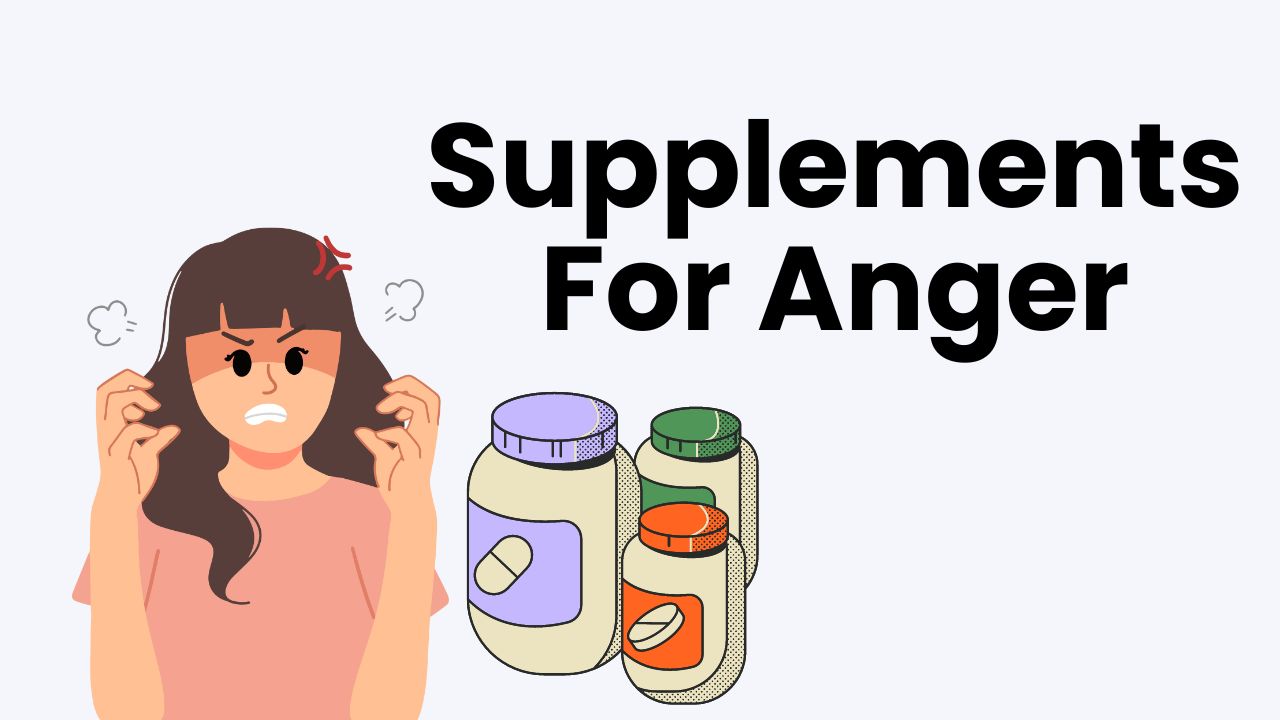
Anger is a natural human emotion that can be triggered by various factors, such as stress, frustration, or feeling threatened. While anger itself is not inherently bad, uncontrolled anger can have detrimental effects on our mental and physical well-being. In order to effectively manage anger, it is important to understand its underlying causes and find healthy ways to cope with it.
In addition to therapy and other anger management techniques, natural supplements can also play a role in helping individuals regulate their emotions. Vitamins and minerals like Omega-3 fatty acids, magnesium, and B-complex vitamins have been found to have calming effects on the body and mind. These supplements can help reduce stress levels and promote a sense of calmness.
In this article, we will explore the benefits of these natural supplements for anger management and provide recommendations on finding the right ones for individual needs. By combining these supplements with therapy and other coping strategies, individuals can work towards achieving better control over their anger.
Understanding Anger Management
Anger management involves recognizing and understanding the factors that contribute to anger, as well as the effects it has on our mental and physical well-being. Various factors can trigger anger, including stress, frustration, feeling threatened, or even genetics. Uncontrolled anger can negatively impact relationships, health, and overall quality of life. It is important to develop healthy coping strategies to manage anger effectively.
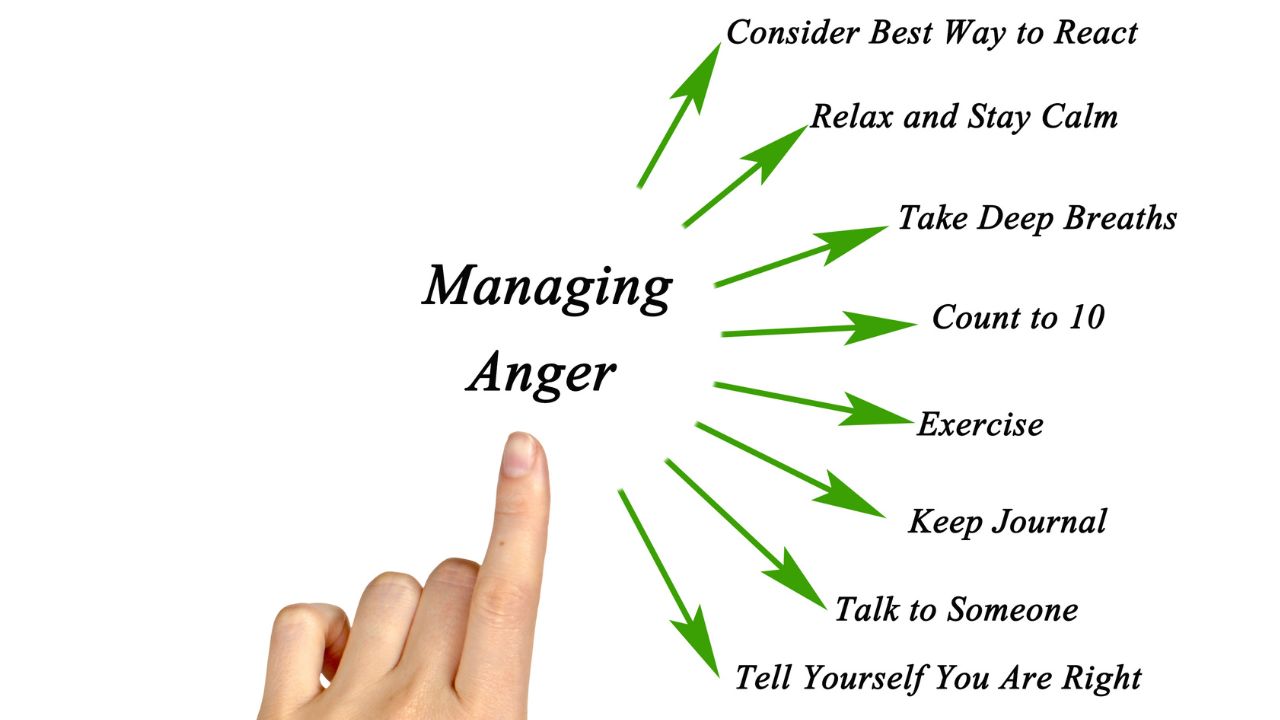
Therapy and counseling are common approaches for anger management. Additionally, natural supplements can play a supportive role in regulating emotions. Vitamins and minerals such as Omega-3 fatty acids, magnesium, and B-complex vitamins have calming effects on the body and mind. These supplements help reduce stress levels and promote a sense of calmness.
By combining therapy with natural supplements tailored to individual needs, individuals can work towards better control over their anger and improve their overall emotional well-being.
Factors contributing to anger
Anger can be triggered by a variety of factors, both internal and external. Internal factors may include stress, frustration, feelings of being threatened or disrespected, or even underlying mental health conditions. External factors can range from conflicts in relationships or work to environmental stressors. Additionally, genetics can play a role in predisposing individuals to anger issues.
It is important to recognize these contributing factors in order to effectively manage anger. By understanding what triggers our anger, we can develop strategies to address and cope with these triggers more successfully. This may involve practicing relaxation techniques such as deep breathing or mindfulness exercises, seeking support from friends or loved ones, or seeking professional help through therapy or counseling.
By identifying and addressing the underlying causes of anger, individuals can take proactive steps towards managing their emotions and improving their overall well-being.
Effects of uncontrolled anger
Uncontrolled anger can have detrimental effects on both our physical and mental well-being. When anger is not properly managed, it can lead to increased stress levels, which in turn can negatively impact our cardiovascular health. Chronic anger has been linked to a higher risk of heart disease, high blood pressure, and even stroke.
Furthermore, uncontrolled anger can also strain relationships with loved ones and colleagues. It may lead to conflicts and misunderstandings that can damage trust and create a hostile environment. Additionally, unresolved anger can contribute to feelings of guilt, shame, and regret.
On a personal level, uncontrolled anger can take a toll on our mental health. It may contribute to anxiety disorders or depression. It can also interfere with our ability to think clearly and make rational decisions.
It is important to recognize the negative effects of uncontrolled anger in order to prioritize its management. By seeking appropriate help and implementing effective strategies for anger management, we can improve our overall well-being and foster healthier relationships.
Natural Supplements for Anger
When it comes to managing anger, natural supplements can be a helpful addition to therapy and lifestyle changes. Certain vitamins, minerals, and herbal remedies have been found to promote calmness and emotional balance.
Vitamins and minerals play a crucial role in regulating our mood and emotions. For example, vitamin B complex has been associated with improved emotional well-being. Magnesium is another essential nutrient that helps reduce stress and irritability.
Herbal remedies like chamomile, passionflower, and valerian root have calming properties that may help manage anger. These herbs can be consumed as teas or taken in supplement form.

Omega-3 fatty acids are also beneficial for regulating emotions. They help support brain health and reduce inflammation in the body, which can contribute to better mood regulation.
When considering natural supplements for anger management, it's important to consult with a healthcare professional or licensed therapist who can provide personalized recommendations based on individual needs.
Vitamins And Minerals For Anger Management
Vitamins and minerals play a crucial role in regulating our mood and emotions, making them important for anger management. Vitamin B complex has been associated with improved emotional well-being, while magnesium helps reduce stress and irritability.
Here are some key vitamins and minerals that can promote calmness and emotional balance:
- Vitamin B6: This vitamin is involved in the production of serotonin, a neurotransmitter that promotes feelings of happiness and well-being.
- Magnesium: This essential mineral helps relax the muscles and nervous system, reducing tension and anger.
- Zinc: Zinc deficiency has been linked to increased irritability and aggression. Supplementing with zinc may help regulate emotions.
It's important to note that these supplements should be taken as part of a balanced diet and lifestyle changes. Consulting with a healthcare professional or licensed therapist can provide personalized recommendations based on individual needs.
Herbal Remedies For Calming Anger
When it comes to managing anger, herbal remedies can offer a natural and gentle approach. Certain herbs have been used for centuries to promote relaxation and calmness. Here are some herbal remedies that may help in calming anger:

- Chamomile: Known for its soothing properties, chamomile can help reduce irritability and anxiety.
- Lavender: The pleasant scent of lavender has a calming effect on the mind and body, promoting a sense of tranquility.
- Passionflower: This herb has been traditionally used as a natural sedative, helping to alleviate tension and promote relaxation.
- Valerian root: Valerian root is known for its calming effects on the nervous system, reducing feelings of stress and irritability.
It's important to note that while herbal remedies can be beneficial, they should be used with caution. It's always best to consult with a healthcare professional before trying any new supplements or herbs, especially if you have any underlying health conditions or are taking medications.
Omega-3 Fatty Acids
Omega-3 fatty acids are essential nutrients that play a crucial role in regulating emotions and promoting overall mental well-being. Research has shown that omega-3s can have a positive impact on mood disorders, including anger management. These fatty acids help to reduce inflammation in the brain, which can contribute to heightened levels of anger and irritability.

The best sources of omega-3 supplements include fish oil, flaxseed oil, and algae-based supplements. Fish oil is particularly rich in eicosapentaenoic acid (EPA) and docosahexaenoic acid (DHA), which are the two main types of omega-3s with proven benefits for emotional health.
Taking omega-3 supplements regularly can help balance neurotransmitter activity in the brain, leading to improved mood stability and reduced feelings of anger. However, it's important to consult with a healthcare professional before starting any new supplement regimen to ensure proper dosage and avoid potential interactions with medications.
Role Of Omega-3 In Regulating Emotions
Omega-3 fatty acids play a crucial role in regulating emotions and promoting overall mental well-being. Research has shown that these essential nutrients can have a positive impact on mood disorders, including anger management.
Omega-3s help reduce inflammation in the brain, which can contribute to heightened levels of anger and irritability. By balancing neurotransmitter activity, they lead to improved mood stability and reduced feelings of anger.
Specifically, eicosapentaenoic acid (EPA) and docosahexaenoic acid (DHA), found in fish oil supplements, are the main types of omega-3s with proven benefits for emotional health. These supplements are known to have a calming effect on the brain and can support better emotional regulation.

It's important to consult with a healthcare professional before starting any new supplement regimen to ensure proper dosage and avoid potential interactions with medications. Incorporating omega-3 supplements into your routine may be an effective way to manage anger and promote emotional well-being.
Best sources of Omega-3 supplements
When it comes to obtaining omega-3 fatty acids, there are a few different sources to consider. The most well-known source is fish oil. Fish such as salmon, mackerel, and sardines are rich in omega-3s. You can either consume these fish directly or take fish oil supplements.
If you prefer plant-based options, flaxseed and chia seeds are excellent sources of alpha-linolenic acid (ALA), a type of omega-3 fatty acid. However, it's important to note that the body converts ALA into EPA and DHA at a relatively low rate.
Another option is SNAP supplements. Algae is the original source of EPA and DHA in the marine food chain, making algae oil supplements an excellent vegan-friendly alternative.
Regardless of which source you choose, make sure to check the quality and purity of the supplement before purchasing. Look for products that have been third-party tested for contaminants such as heavy metals and PCBs.
Remember to consult with a healthcare professional before starting any new supplement regimen to ensure proper dosage and compatibility with your individual health needs.
SNAP Brain Formula Supplements
SNAP Brain Formula Supplements are a natural and effective option for managing anger and promoting emotional well-being. This unique blend of ingredients is known for its ability to enhance attention, stabilize moods, reduce anger issues, improve social skills, and reduce intrusive thoughts. The formula works by optimizing neurotransmitter function, similar to some prescription medications.
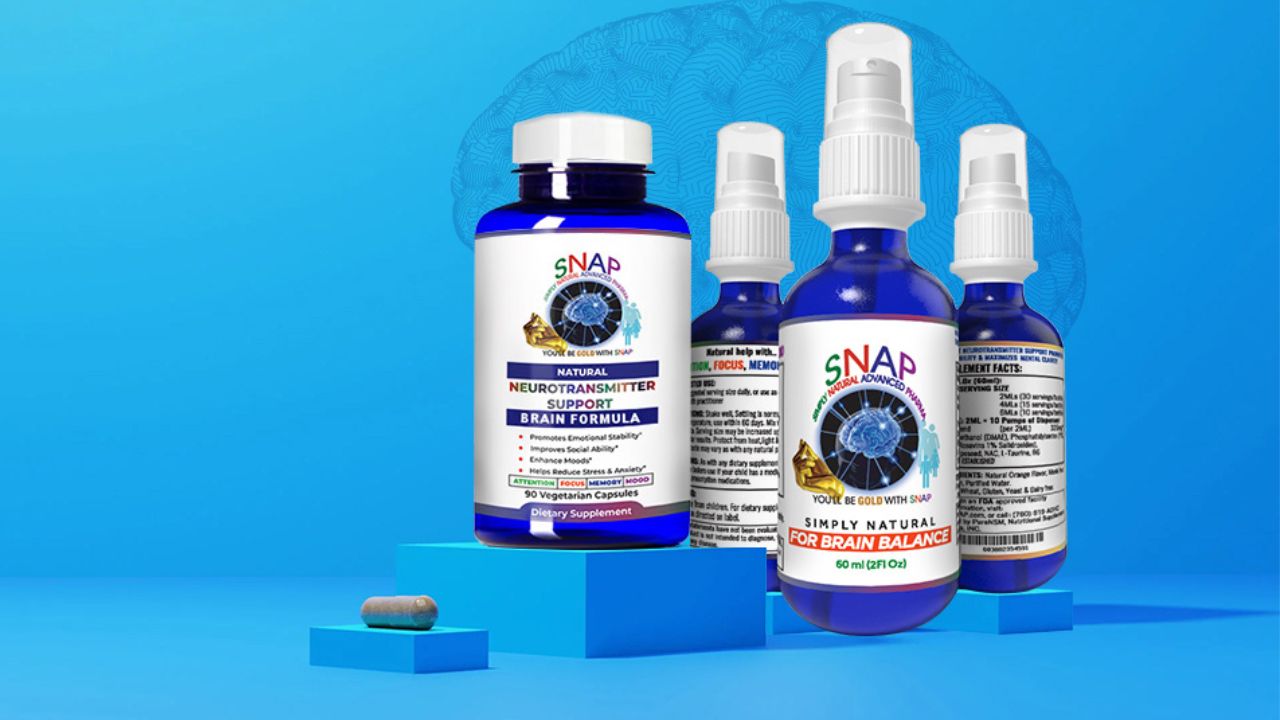
One key ingredient is N-Acetyl Cysteine (NAC), an antioxidant that supports glutathione synthesis and helps reduce oxidative stress while stabilizing mood. Another important component is Vitamin B6, which boosts neurotransmitter synthesis and aids individuals with ADHD, depression, and anxiety. Additionally, DMAE enhances cognitive function.
Magnesium for Stress and Anger Relief
Magnesium is a vital mineral that plays a crucial role in our body's stress response and emotional well-being. Studies have shown that magnesium deficiency can contribute to increased levels of stress and anger, as it affects neurotransmitter function and hormone regulation.
By supplementing with magnesium, you can help alleviate these symptoms and promote a calmer state of mind. Magnesium has been found to have a calming effect on the nervous system, helping to reduce feelings of anxiety and irritability.

In addition to its calming properties, magnesium also supports healthy sleep patterns, which are essential for managing stress and anger effectively. Lack of quality sleep can exacerbate these emotions, so ensuring you're getting enough magnesium can be beneficial.
Some natural sources of magnesium include leafy green vegetables, nuts, seeds, and whole grains. However, if you struggle to get enough through your diet alone, consider adding a high-quality magnesium supplement to your daily routine.
Remember to consult with your healthcare provider before starting any new supplements or making significant changes to your current regimen.

Impact Of Magnesium Deficiency On Anger
Magnesium deficiency can have a significant impact on anger levels and emotional well-being. This vital mineral plays a crucial role in regulating neurotransmitters and hormones that affect our mood and stress response. When we don't get enough magnesium, it can disrupt these functions, leading to increased irritability, anxiety, and difficulty managing anger.
Research has shown that magnesium supplementation can help alleviate these symptoms by promoting a calmer state of mind. Magnesium has calming properties that support the nervous system, reducing feelings of anger and anxiety. Additionally, magnesium supports healthy sleep patterns, which are essential for managing stress effectively.
While some food sources provide magnesium like leafy green vegetables and nuts, supplements may be necessary if your diet falls short. However, it's important to consult with your healthcare provider before starting any new supplements or making significant changes to your current regimen. Taking the right amount of magnesium can be an effective step towards managing anger more effectively.
Benefits of magnesium supplements for stress
Magnesium supplements can provide numerous benefits for managing stress and promoting emotional well-being. This essential mineral plays a crucial role in regulating neurotransmitters and hormones that impact our mood and stress response. By ensuring an adequate intake of magnesium, we can support our nervous system and promote a calmer state of mind.
One of the key benefits of magnesium is its ability to reduce feelings of anxiety and irritability, which are often associated with stress. It helps to calm the nervous system, allowing us to better cope with stressful situations. Additionally, magnesium supports healthy sleep patterns, which are vital for managing stress effectively.
Supplementing with magnesium can also help regulate cortisol levels, which is a hormone released during times of stress. By maintaining balanced cortisol levels, we can prevent the negative effects that chronic stress can have on our mental and physical health.
Overall, incorporating magnesium supplements into your daily routine can be an effective way to manage stress and promote emotional well-being. However, it's important to consult with your healthcare provider before starting any new supplements or making significant changes to your current regimen.
Vitamin B Complex for Mood Regulation
Vitamin B complex is a group of essential vitamins that play a vital role in regulating mood and emotional well-being. These vitamins, including B1 (thiamine), B6 (pyridoxine), and B12 (cobalamin), are involved in the production of neurotransmitters like serotonin and dopamine, which are responsible for maintaining a balanced mood.

Deficiencies in these B vitamins can lead to symptoms such as irritability, fatigue, and depression. Supplementing with vitamin B complex can help address these deficiencies and support overall emotional health.
In particular, vitamin B6 has been shown to have a positive impact on anger management by supporting the production of serotonin, a neurotransmitter that promotes feelings of calmness and happiness. Additionally, vitamin B12 helps regulate the body's stress response by supporting the nervous system.
To ensure optimal mood regulation, it's important to consider incorporating vitamin B complex supplements into your daily routine. However, it's always recommended to consult with a healthcare professional before starting any new supplements or making significant changes to your current regimen.
Importance of Vitamin B for emotional well-being
Vitamin B complex is crucial for maintaining emotional well-being. These essential vitamins, including B1 (thiamine), B6 (pyridoxine), and B12 (cobalamin), play a vital role in the production of neurotransmitters that regulate mood, such as serotonin and dopamine.
Serotonin is known as the "feel-good" neurotransmitter, responsible for promoting feelings of happiness and calmness. Vitamin B6 supports the production of serotonin, helping to regulate mood and reduce feelings of anger or irritability.
Additionally, vitamin B12 plays a key role in supporting the nervous system's function and regulating the body's stress response. By providing support to our nervous system, vitamin B12 helps us better cope with daily stresses that can contribute to anger.
Ensuring adequate intake of these B vitamins through supplementation can help address deficiencies that may be impacting emotional well-being. However, it's important to consult with a healthcare professional before starting any new supplements to ensure they are appropriate for your specific needs.
Specific B vitamins for anger management
When it comes to anger management, specific B vitamins can play a crucial role in regulating emotions. Vitamin B6, for example, is known for its ability to support serotonin production, which helps promote feelings of happiness and calmness. This vitamin also aids in the synthesis of dopamine, another neurotransmitter associated with mood regulation.
Vitamin B12 is equally important for managing anger. It supports the proper functioning of the nervous system and helps regulate the body's stress response. By ensuring adequate levels of vitamin B12, you can better cope with everyday stresses that may contribute to anger.
Other B vitamins such as thiamine (B1) and niacin (B3) are also essential for emotional well-being and can help alleviate feelings of irritability or anger.
To incorporate these specific B vitamins into your diet, consider consuming foods rich in these nutrients or taking supplements under the guidance of a healthcare professional.
Conclusion
Concluding a piece effectively is critical to reinforcing your main points. It involves summarizing your key arguments, reiterating the significance of your subject, and providing a clear end to your narrative or discussion. A strong conclusion leaves a lasting impression on your reader, often by eloquently tying all ideas together, posing a thought-provoking question, or prompting further reflection. Remember, it's your final opportunity to underscore the importance of your work and to encourage your audience to consider its implications.
Combining supplements with therapy for anger issues
Combining natural supplements with therapy can be a powerful strategy for managing anger issues. While supplements can help support emotional well-being, therapy is essential for addressing the underlying causes of anger and developing effective coping mechanisms. Working with a therapist or counselor can provide guidance, insight, and tools to better understand and manage your anger. By combining therapy with supplements, you can take a holistic approach to anger management.
When incorporating supplements into your routine, it's important to consult with a healthcare professional who can provide personalized recommendations based on your individual needs. A healthcare professional can also help monitor any potential interactions between supplements and any medications you may be taking.
Remember that while supplements may offer support, they should not replace professional treatment or therapy. It's crucial to engage in ongoing self-reflection and practice healthy coping strategies alongside supplementation for long-term success in managing anger issues.
Recommendations for finding the right anger management supplements
When looking for anger management supplements, it's important to approach the process thoughtfully and consult with a healthcare professional. Here are some recommendations to consider:
- Consult a healthcare professional: Seek guidance from a doctor or registered dietitian who can assess your specific needs and recommend appropriate supplements.
- Research ingredients: Look for supplements that contain ingredients known to support emotional well-being, such as omega-3 fatty acids, B vitamins, and magnesium.
- Quality assurance: Choose reputable brands that prioritize quality control and third-party testing to ensure the purity and potency of their products.
- Consider individual sensitivities: Be mindful of any allergies or sensitivities you may have when selecting supplements. Read labels carefully to avoid potential allergens.
- Start with low dosages: Begin with lower dosages of supplements and gradually increase as needed under the guidance of a healthcare professional.
Remember, while supplements can be beneficial, they should complement therapy or other forms of treatment for anger management rather than replace them entirely.
Take Charge of
Your Brain Health Today!
Shop Now!
Similar Articles:
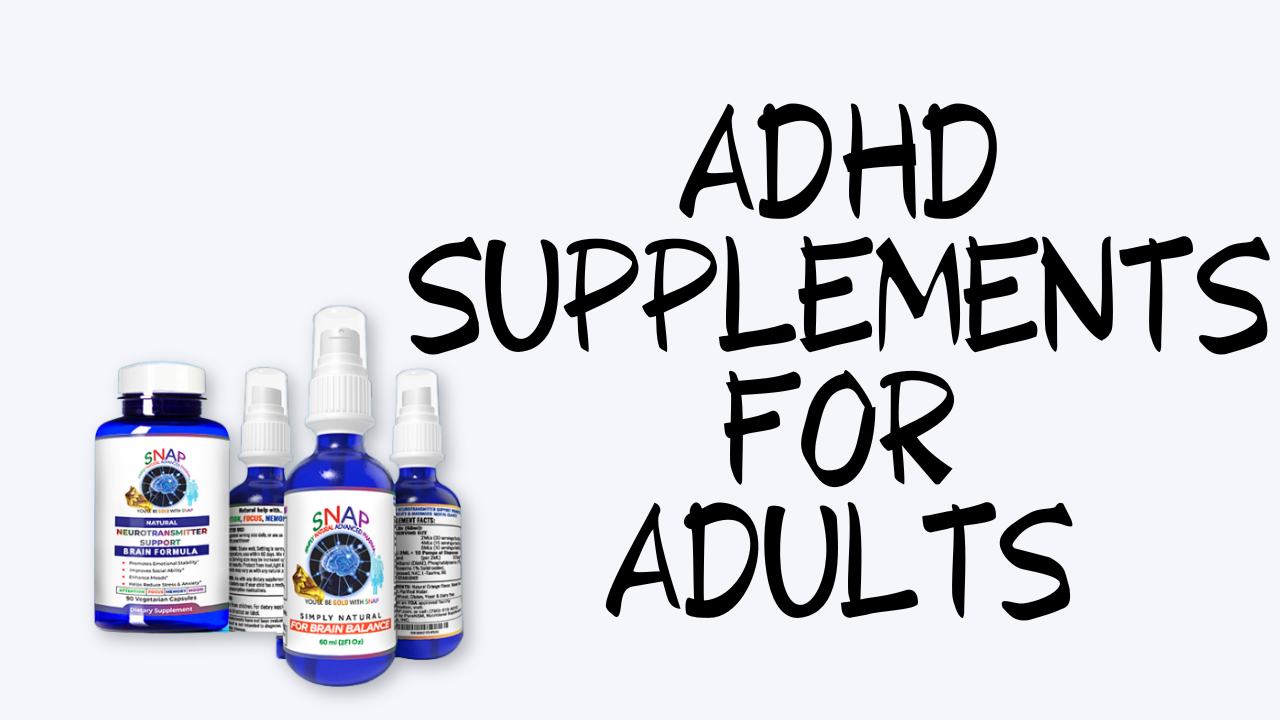
ADHD Supplements for Adults
Attention-Deficit/Hyperactivity Disorder (ADHD) is a neurodevelopmental condition characterized...
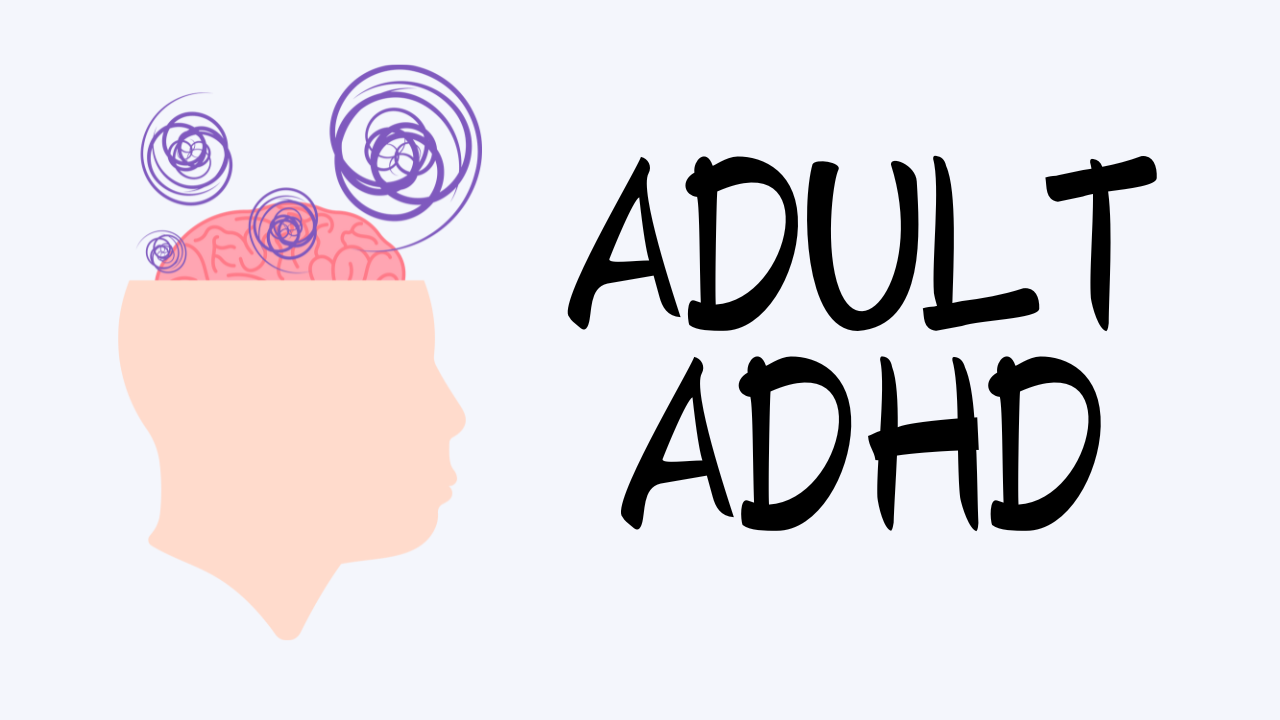
Adult ADHD
Step right into the realm of adult ADHD. If you have just received a diagnosis of Attention Deficit...
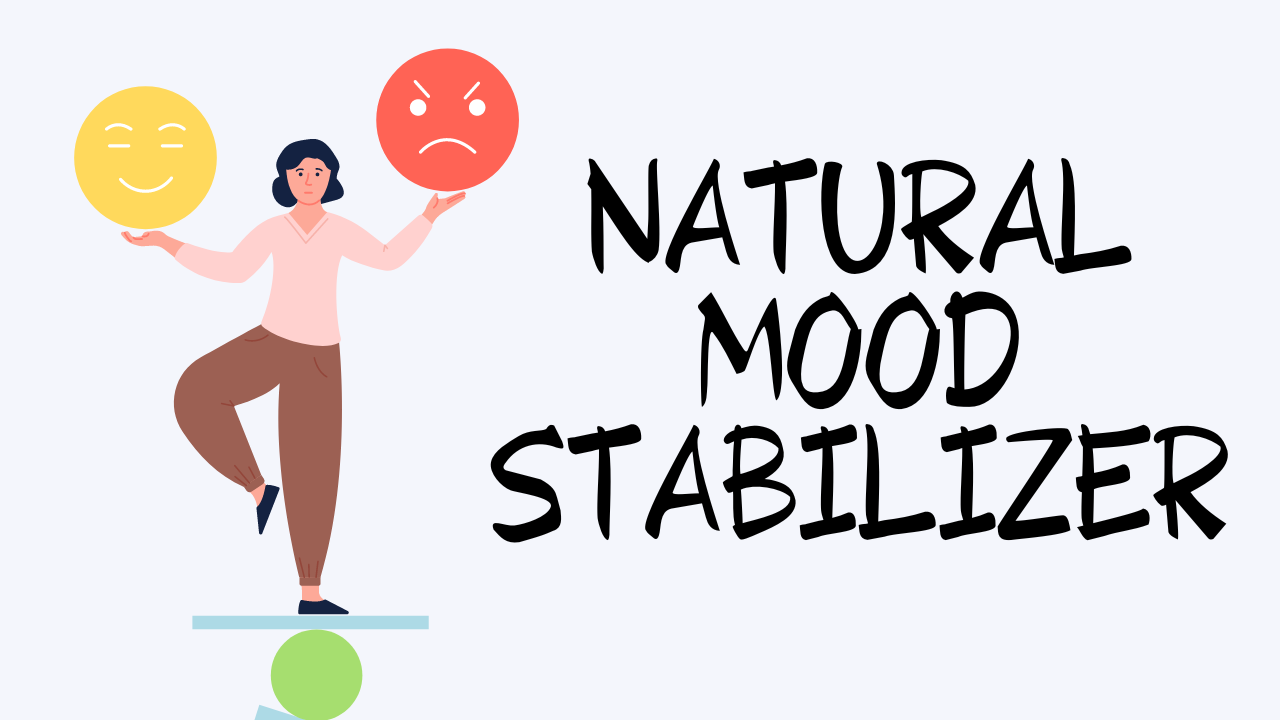
Natural Mood Stabilizer
In the fast-paced world we live in, maintaining emotional balance and well-being has become a paramount...